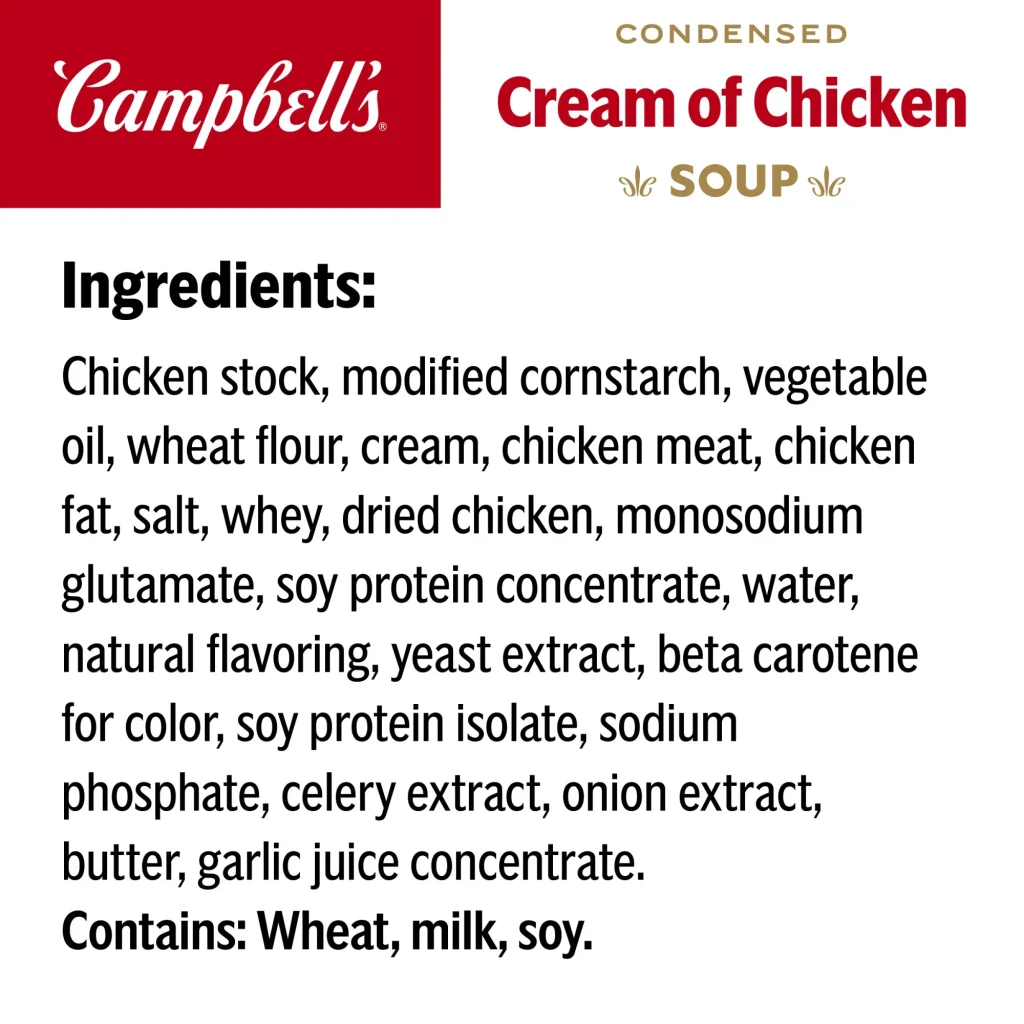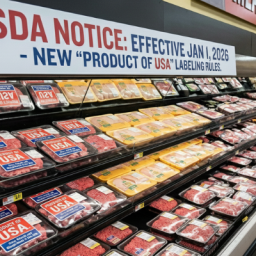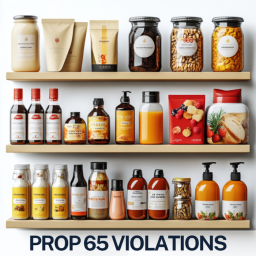
A leaked Campbell’s audio recording has set off a major controversy for the soup company, capturing a senior executive making disparaging remarks about Campbell’s soups, its customers, and its employees. The recording quickly spread online and in national news, prompting the company to confirm its authenticity and fire the executive involved. At the same time, a Michigan retaliation lawsuit has been filed by the employee who recorded the conversation.
Below is a clear look at the Campbell’s scandal, what the leaked recording contained, and how the company moved to contain the fallout.
What Did the Leaked Campbell’s Recording Reveal?
The recording at the center of the Campbell’s controversy was made by former cybersecurity analyst Robert Garza. According to court filings and news reports, the leaked audio captures Campbell’s Vice President of IT, Martin Bally, making a series of alarming comments about the company’s products, customers, and coworkers.
Comments attacking Campbell’s soups and ingredients
In the leaked recording Bally allegedly stated that:
• Campbell’s soups are “s— for poor people”
• The products are “highly processed”
• Campbell’s chicken may be “bioengineered meat”
• The company may be using “3D printed chicken”
These comments are now central to online discussions about Campbell’s soup ingredients and have fueled searches related to Campbell’s bioengineered meat claims and the Campbell’s 3D printed chicken rumor.
Racially offensive remarks about coworkers
The leaked Campbell’s audio also reportedly includes Bally calling his Indian coworkers “idiots” who “could not think for themselves,” raising concerns about discrimination inside the company.
Comments about his own conduct
Bally allegedly mentioned using marijuana edibles while working, adding another layer to the internal misconduct allegations.
The audio quickly went viral, sparking a wave of headlines referencing the Campbell’s leaked recording, the Campbell’s executive scandal, and the Campbell’s soup controversy.
How Campbell’s Responded to the Leaked Audio
The company’s response to the Campbell’s VP audio leak was swift and strategic. Campbell’s took several steps within days of the recording becoming public.
1. Bally was placed on leave then fired
Campbell’s first placed Bally on temporary leave while investigating the recording. After confirming the voice on the tape belonged to him, the company announced that he was “no longer with Campbell’s.” This became a top trending topic under “Campbell’s executive fired.”
2. Campbell’s publicly refuted the ingredient claims
The most viral portions of the recording involved allegations about bioengineered meat and 3D printed chicken. Campbell’s issued a statement clarifying that:
• its soups use real chicken
• the chicken comes from USDA approved suppliers
• no bioengineered or synthetic meat is used
• the company complies with FDA and USDA labeling requirements
Campbell’s also released an ingredient fact sheet to counter misinformation from the leaked audio.
3. Clarifying Bally’s position
Campbell’s made it clear that Bally worked in information technology, not food safety or manufacturing. This was significant because consumers may have assumed he had insider knowledge about Campbell’s soup ingredients.
4. Publicly condemning the remarks
The company denounced the racial comments as unacceptable and not reflective of company values. This step was intended to limit concerns about a hostile work environment.
5. Reinforcing product integrity for regulators
Reports noted that state officials were reviewing the ingredient claims. Campbell’s public statements were likely crafted to address any potential questions about product integrity: labeling, safety, and compliance.

Why the Employee Who Recorded the Campbell’s Audio Filed a Lawsuit
Shortly after the recording surfaced internally, Garza was fired. His complaint alleges that he was terminated less than a month after reporting Bally’s statements.
The Michigan lawsuit alleges:
• retaliation
• wrongful termination
• emotional distress
• exposure to a discriminatory work environment
Because Michigan is a one party consent state, the leaked Campbell’s audio recording was legal. Garza claims the timing of his termination shows retaliation.
This lawsuit is now widely shared under search terms like Campbell’s Michigan lawsuit, Campbell’s retaliation lawsuit, and Campbell’s employee fired after reporting recording.
Could Bally’s Comments Cause Ingredient Confusion or Misrepresentation Issues?
Although Bally’s statements were not official company claims, the Campbell’s soup controversy raised questions about ingredient accuracy and food labeling.
Concerns about bioengineered meat and 3D printed chicken
Campbell’s addressed the claims immediately because consumer confusion could trigger:
• false advertising concerns
• labeling scrutiny under FDA and USDA rules
• reputational harm for a legacy food brand
Campbell’s public correction reduced the risk that the bioengineered meat claim or the 3D printed chicken rumor would be mistaken as insider information.
Could the statements be considered defamation?
Potentially, since they involved factual assertions about product quality. However, companies rarely sue employees for defamation because it draws more attention and can force disclosure of internal documents. Campbell’s instead chose immediate public clarification and termination.
Could the Racial Comments Lead to Broader Discrimination Issues?
Possibly. The references to Indian coworkers could support Title VII or state based discrimination complaints if other employees report similar experiences. Campbell’s quick termination of Bally helps limit exposure, but further allegations could widen the scope.
How Juris Law Group Can Help in Cases Like This
Cases involving leaked recordings, retaliation allegations, and viral product related claims require experienced legal guidance. Juris Law Group assists both companies and employees in matters involving these.
FAQ
Was the leaked Campbell’s audio legal to record?
Yes. Michigan allows one party to record a conversation without informing the other.
Did Bally have access to Campbell’s ingredient information?
No. He worked in IT and had no involvement in food production.
Are Campbell’s soups made with bioengineered or printed chicken?
No. Campbell’s confirmed its chicken comes from USDA approved suppliers.
Will more employees come forward?
It is possible. Discrimination allegations sometimes prompt additional reports.
Key Takeaway
The Campbell’s leaked recording ignited widespread controversy by revealing offensive remarks about soup quality, ingredients, and coworkers. The company responded quickly by firing the executive, correcting misinformation, and distancing itself from the comments. Now a Michigan retaliation lawsuit is underway, and Campbell’s must navigate both legal exposure and public perception as the story continues to develop.













